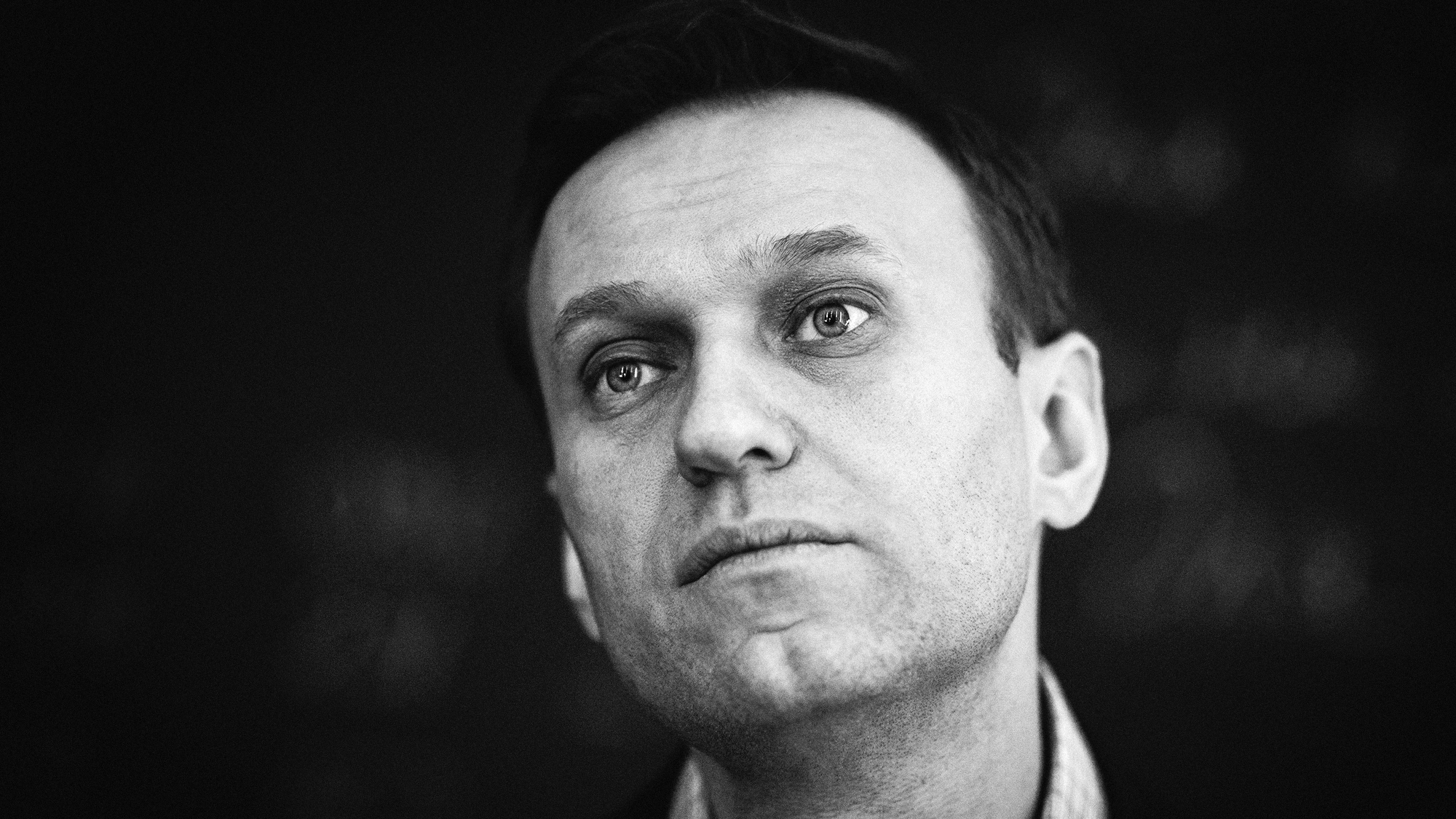Putin critic Alexei Navalny dies in prison
Russian opposition leader 'felt unwell' and 'lost consciousness' after a walk, according to prison service

A free daily email with the biggest news stories of the day – and the best features from TheWeek.com
You are now subscribed
Your newsletter sign-up was successful
Russian politician and activist Alexei Navalny has died in an Arctic Circle jail, the country's prison service announced today.
The 47-year-old was widely viewed as Vladimir Putin's "most vociferous critic", said the BBC, and was serving a 19-year sentence on charges "widely considered politically motivated". Navalny was moved to an Arctic penal colony last year and had spent long periods in solitary confinement.
The Yamalo-Nenets district prison service released a statement that said Navalny had "felt unwell" following a walk on Friday. He "almost immediately lost consciousness" and, despite efforts by emergency medical staff to resuscitate him, could not be revived, according to the statement, which said the cause of death was under investigation.
The Week
Escape your echo chamber. Get the facts behind the news, plus analysis from multiple perspectives.

Sign up for The Week's Free Newsletters
From our morning news briefing to a weekly Good News Newsletter, get the best of The Week delivered directly to your inbox.
From our morning news briefing to a weekly Good News Newsletter, get the best of The Week delivered directly to your inbox.
Navalny's lawyer Leonid Solovyev told Latvia-based newspaper Novaya Gazeta Europe that he could not confirm the death and that Navalny's family had asked for him not to comment. "Alexei had a lawyer at his place on Wednesday," said Solovyev. "Everything was normal then."
Russian state-controlled broadcaster RT said Navalny had died as a result of a blood clot.
His death is "likely to be seen as a political assassination" ordered by Putin, said The Guardian. A spokesperson for the Russian leader said the Kremlin had no information on the cause of Navalny's death.
Speaking during a visit to Germany, Ukraine's President Volodymyr Zelenskyy said that "obviously, Navalny was killed by Putin, like so many thousands of others". Putin has to be "held accountable for his actions", Zelenskyy said at a joint press conference with Chancellor Olaf Scholz in Berlin.
A free daily email with the biggest news stories of the day – and the best features from TheWeek.com
Sorcha Bradley is a writer at The Week and a regular on “The Week Unwrapped” podcast. She worked at The Week magazine for a year and a half before taking up her current role with the digital team, where she mostly covers UK current affairs and politics. Before joining The Week, Sorcha worked at slow-news start-up Tortoise Media. She has also written for Sky News, The Sunday Times, the London Evening Standard and Grazia magazine, among other publications. She has a master’s in newspaper journalism from City, University of London, where she specialised in political journalism.
-
 Political cartoons for February 15
Political cartoons for February 15Cartoons Sunday's political cartoons include political ventriloquism, Europe in the middle, and more
-
 The broken water companies failing England and Wales
The broken water companies failing England and WalesExplainer With rising bills, deteriorating river health and a lack of investment, regulators face an uphill battle to stabilise the industry
-
 A thrilling foodie city in northern Japan
A thrilling foodie city in northern JapanThe Week Recommends The food scene here is ‘unspoilt’ and ‘fun’
-
 Key Bangladesh election returns old guard to power
Key Bangladesh election returns old guard to powerSpeed Read The Bangladesh Nationalist Party claimed a decisive victory
-
 US, Russia restart military dialogue as treaty ends
US, Russia restart military dialogue as treaty endsSpeed Read New START was the last remaining nuclear arms treaty between the countries
-
 What happens now that the US-Russia nuclear treaty is expiring?
What happens now that the US-Russia nuclear treaty is expiring?TODAY’S BIG QUESTION Weapons experts worry that the end of the New START treaty marks the beginning of a 21st-century atomic arms race
-
 Epstein files topple law CEO, roil UK government
Epstein files topple law CEO, roil UK governmentSpeed Read Peter Mandelson, Britain’s former ambassador to the US, is caught up in the scandal
-
 Iran and US prepare to meet after skirmishes
Iran and US prepare to meet after skirmishesSpeed Read The incident comes amid heightened tensions in the Middle East
-
 EU and India clinch trade pact amid US tariff war
EU and India clinch trade pact amid US tariff warSpeed Read The agreement will slash tariffs on most goods over the next decade
-
 Israel retrieves final hostage’s body from Gaza
Israel retrieves final hostage’s body from GazaSpeed Read The 24-year-old police officer was killed during the initial Hamas attack
-
 China’s Xi targets top general in growing purge
China’s Xi targets top general in growing purgeSpeed Read Zhang Youxia is being investigated over ‘grave violations’ of the law